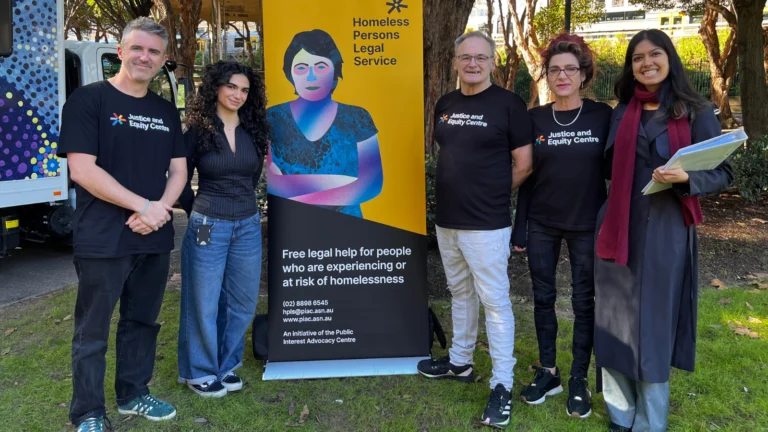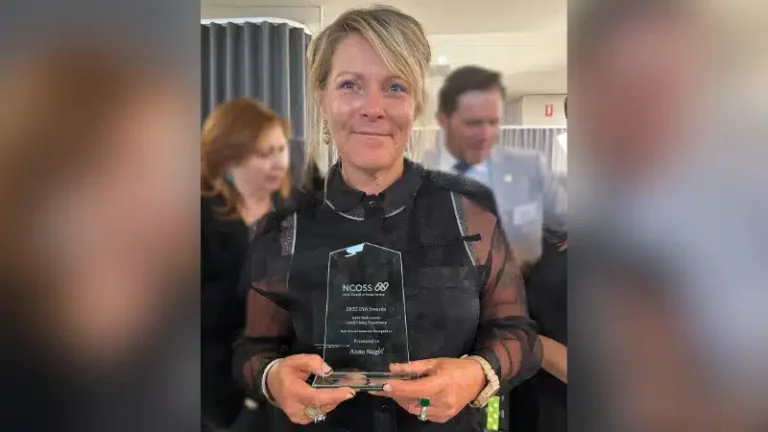Powerless: Debt and disconnection is the fifth in a series of reports by the PIAC into debt, disconnection and payment difficulty related to electricity, gas and water services in NSW. It follows reports published in 2005, 2009, 2013 and 2018.
The report compiles four stages of research undertaken in 2023:
- A survey of 1044 NSW residents who had: experienced a disconnection, been notified about an impending disconnection but avoided the disconnection, or been seriously worried about risk of disconnection, in the last 2 years.
- Interviews with 15 people from the survey group.
- Interviews with 15 financial counsellors and community service providers.
- Discussions with key stakeholders, including distribution businesses, an energy retailer, water providers and the Energy and Water Ombudsman NSW (EWON).
Our background and methodology overview provides background to the project and explains the scope, research objectives and methodology.
A 7-page media summary compiles key findings and recommendations from the report, including:
- While groups often associated with disadvantage continue to experience higher rates of disconnection and risk of disconnection, there is a greater representation of people from higher income groups compared to past surveys.
- There has been a rise in disconnection of households with mortgages: 31% of disconnected households had a mortgage compared with 18% in 2018. This is the highest proportion since our 2009 survey, conducted after the Global Financial Crisis.
- People living in rented homes are disproportionately impacted by disconnection or payment difficulty.
- Disconnected households are likely to have children living in the home.
- 39% of disconnected households said someone in the home had a mental illness.
- 13% of disconnected households disclosed there was family or domestic violence in the home.
- 64% of households used money they needed for something else essential to pay energy bills on time.
- 62% of households used as little energy as they could, even though it impacted on their wellbeing.
- Both government and retailers can do more to help households stay connected to energy and water.
Energy and water providers continue to argue that disconnections are necessary to elicit a response from consumers who are behind on energy or water bill payments. This claim is founded on an assumption that many people with debt can afford to pay their bill but choose not to. It also assumes that people requiring assistance need a threat to focus their attention and ‘get the help they need’.
The research shows that households who go through a disconnection don’t get assistance that improves their circumstances and helps them avoid future payment difficulty. Households who experience payment difficulty but don’t get disconnected are still impacted by the stress and threat of disconnection and make worrying sacrifices to avoid a notification. Payment difficulty then impacts on other essentials and results in sacrifices not visible to providers or regulators.
This report provides a summary of our research and recommendations to improve how retailers respond to payment difficulty, so households receive more substantial and consistent support to re-establish financial stability.
Another report – In-person visits before disconnection – uses this research to examine the experiences and effectiveness of in-person pre-disconnection visits as a way to reduce disconnections for non-payment proceeding.

